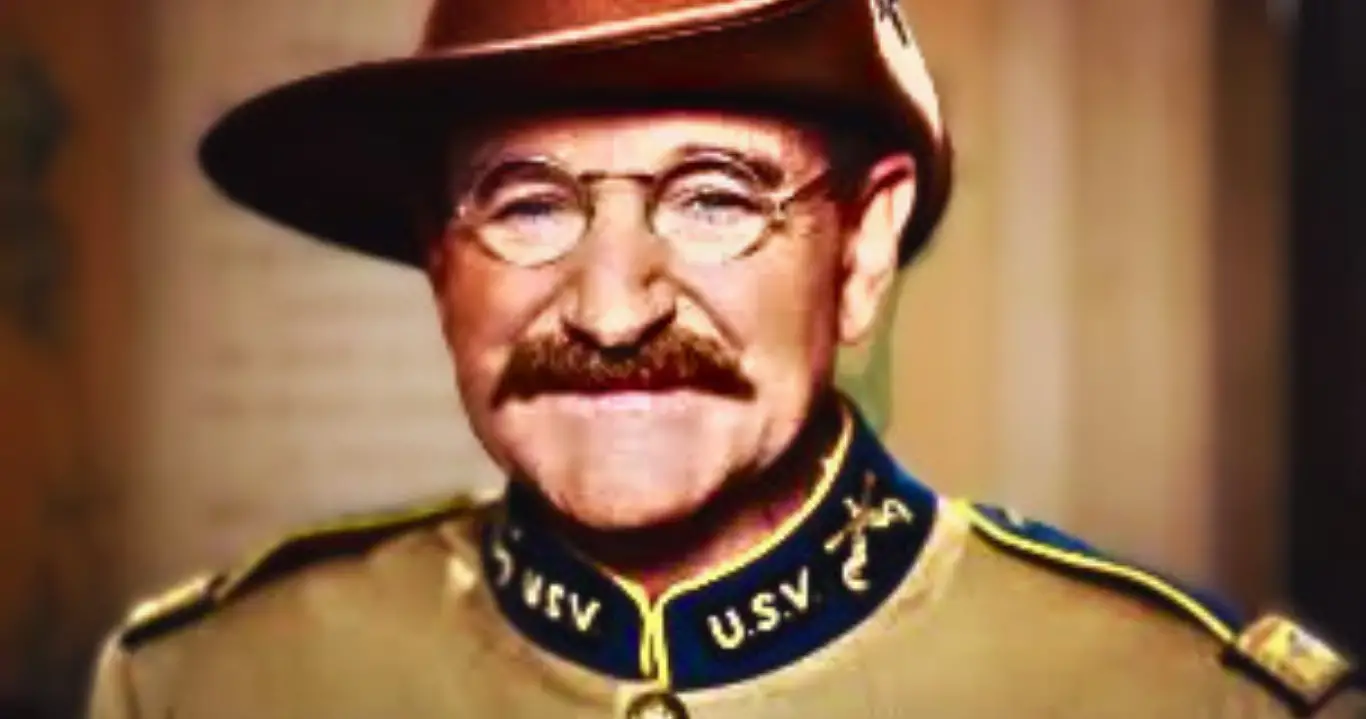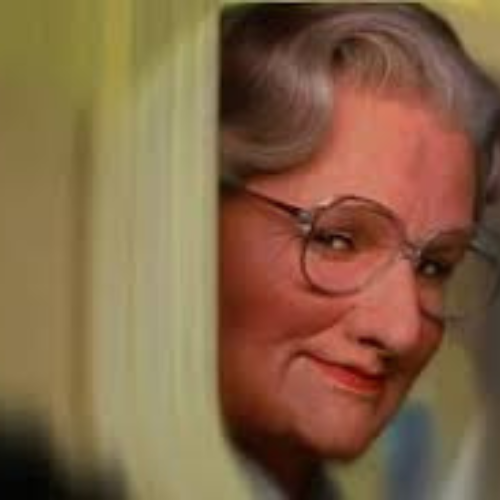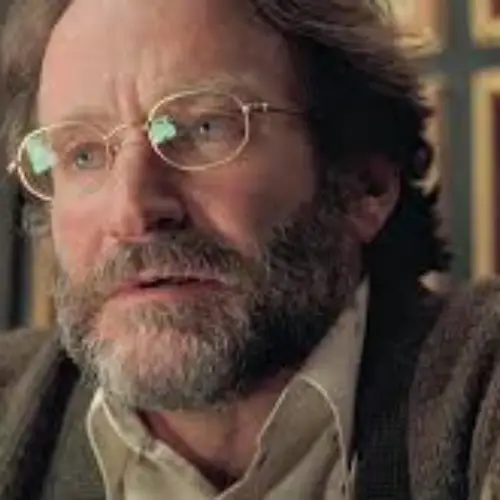
In the annals of comedy and acting, few figures shine as brightly as Robin Williams. His unparalleled ability to make the whole world laugh was not only a testament to his comedic genius but also a stark contrast to the personal demons he battled throughout his life. Despite the immense talent that brought joy to millions, Williams struggled with depression, a silent adversary that eventually claimed his life. This article explores the indelible legacy of Robin Williams and why the fight against depression is crucial even for those blessed with the extraordinary gift of making others laugh.
You May Like: Tall Anime Men: Artistic Choice or Something More?
The Gift of Laughter:
Robin McLaurin Williams, born on July 21, 1951, emerged as a comedic force in the 1970s. His rapid-fire improvisational skills and boundless energy made him a standout performer, earning him early acclaim in the sitcom “Mork & Mindy.” Williams’s humor was infectious, reaching deep into the hearts of audiences and leaving an indelible mark on the world of comedy.

From his stand-up performances to iconic roles in films like “Good Morning, Vietnam,” “Mrs. Doubtfire,” and “Aladdin,” Williams demonstrated an unparalleled ability to elicit laughter. His humor was not merely a source of entertainment; it was a force that connected people, transcending cultural and linguistic barriers. Williams became a global icon of joy, and his comedic brilliance earned him numerous awards, including an Academy Award for his supporting role in “Good Will Hunting.”
Behind the Laughter: The Struggle with Depression
Despite the seemingly boundless joy he brought to others, Williams faced an internal battle with depression. His struggles with mental health were often masked by his public persona—a man who could effortlessly light up a room with laughter. The irony of a man so adept at spreading happiness wrestling with a persistent darkness underscored the silent nature of depression.

In interviews, Williams candidly spoke about his challenges, describing depression as an uninvited guest that haunted him even in moments of apparent success. The pressure to be the source of joy for others while grappling with personal demons took a toll on his mental well-being. It serves as a poignant reminder that depression can affect anyone, regardless of their external circumstances.
The Importance of Mental Health Awareness:
Robin Williams’s story emphasizes the critical need for mental health awareness and the destigmatization of conditions like depression. In a world that often celebrates success and talent, it’s essential to recognize that even those who seemingly “have it all” may be silently battling inner demons. The façade of laughter should not obscure the reality that mental health is a complex and nuanced aspect of human well-being.

By openly discussing his struggles, Williams contributed to a broader conversation about mental health. His vulnerability served as a beacon for others facing similar challenges, fostering a sense of solidarity and encouraging individuals to seek help. The fight against depression requires a collective effort to break down societal barriers that prevent people from discussing their mental health openly.
The Toll of Creative Genius:
Robin Williams’s case raises questions about the relationship between creative genius and mental health. Many artists, writers, and performers throughout history have grappled with mental health issues, leading to the hypothesis that there may be a connection between creativity and vulnerability. While creativity can serve as a cathartic outlet, the pressure and expectations that come with success can exacerbate existing mental health challenges.

It is crucial for society to recognize the toll that creative pursuits can take on individuals and provide support systems that prioritize mental well-being. Rather than romanticizing the tortured artist archetype, there should be an emphasis on creating environments that foster both artistic expression and emotional resilience.
The Legacy of Laughter and the Call to Action:
Despite the tragic end to Robin Williams’s life, his legacy endures through the countless moments of joy he shared with the world. The sound of his laughter, whether in the form of an uproarious stand-up routine or the voice of an animated blue genie, continues to resonate with audiences globally. However, his legacy is more than just entertainment; it is a reminder that the fight against depression is a shared responsibility.

As a society, we must strive to create an environment where individuals feel empowered to seek help without fear of judgment. Mental health should be prioritized in the same way physical health is, with open conversations, accessible resources, and destigmatization efforts. The laughter that Robin Williams gifted the world should serve as a catalyst for change—a call to action to address the silent struggles faced by many.
Remembering Robin Williams
In the tapestry of human existence, Robin Williams’s life remains a vivid thread, woven with laughter, talent, and the poignant reality of mental health battles. His ability to make the whole world laugh was a gift that transcended borders and brought people together. Yet, the darkness he faced behind the curtain of humor serves as a stark reminder that even the brightest lights can cast shadows.
As we reflect on the legacy of Robin Williams, let us not only celebrate the joy he shared but also recognize the importance of mental health awareness and support. The fight against depression is a collective responsibility—one that requires empathy, understanding, and a commitment to breaking down the barriers that prevent individuals from seeking help. In honoring the memory of Robin Williams, let us strive to create a world where laughter is not only a source of joy but also a testament to the strength of the human spirit in the face of adversity.




